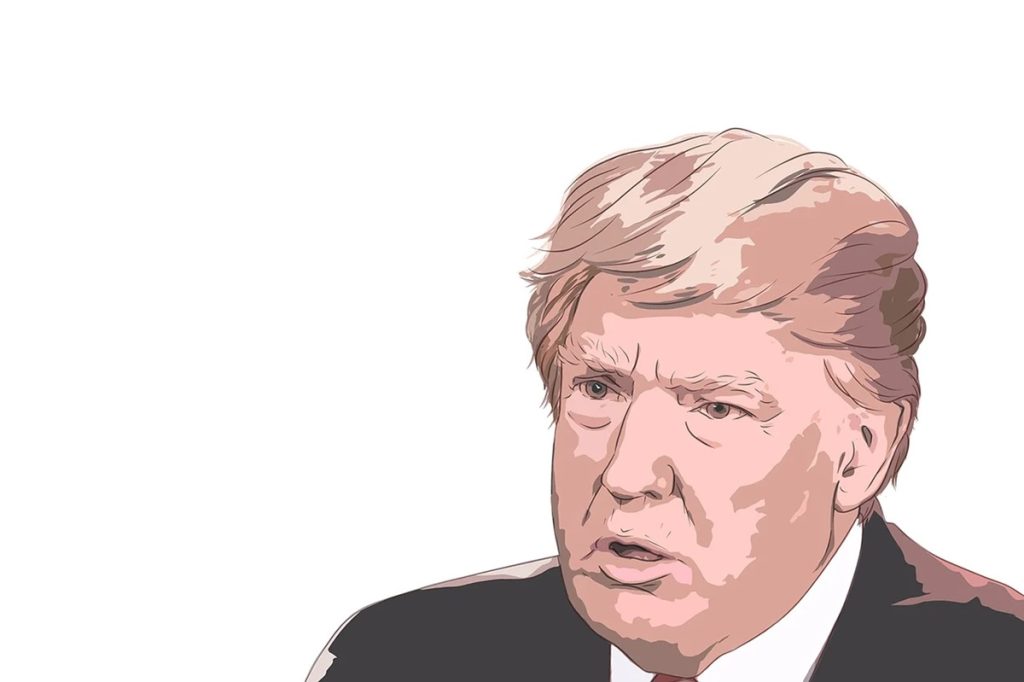With promises of protectionist trade measures, deregulation, and cheaper energy, Donald Trump’s return to the White House is set to reshape global industries. Here’s what’s at stake.
Manufacturing and Cars
Global manufacturers are bracing for impact as Trump’s proposed 10% tariffs on all goods imports—with potential hikes of up to 60% for China and 100% for Mexico—threaten to raise prices and depress trade volumes. Industries like automotive, pharmaceuticals, and chemicals, which dominate European exports to the U.S., are particularly vulnerable.
European carmakers like BMW and Mercedes-Benz have already seen share prices drop, and Volkswagen subsidiaries Audi and Porsche—which lack U.S. factories—face heightened risks. Trump’s rallying cry to “make German car companies American” underscores his intent to draw international manufacturers into the U.S. market.
Technology
The tech sector could see mixed outcomes under Trump’s leadership. He’s expressed strong support for cryptocurrency, pledging to make the U.S. the “crypto capital of the planet” and promising to fire SEC chair Gary Gensler. Meanwhile, his stance on artificial intelligence suggests a light-touch regulatory approach, fueling an already booming industry.
However, Trump’s unpredictable relationship with big tech looms large. He has hinted at cracking down on companies like Google and Meta while voicing support for TikTok, a stark reversal from his earlier efforts to ban the app. Elon Musk’s ventures, on the other hand, are likely to thrive, with Trump lauding Musk as a “star.
Energy policy under Trump promises to prioritize domestic oil and gas production by eliminating regulatory hurdles and expanding fracking. While environmental groups sound the alarm, analysts believe the practical impact may be less dramatic than feared. However, Trump’s hardline stance on renewables has already shaken global markets, wiping billions off the market value of companies like Denmark’s wind power giant Ørsted and Spain’s Iberdrola.
Energy
Despite his rhetoric, analysts suggest Trump is unlikely to repeal Biden’s Inflation Reduction Act, which channels over $400 billion into green energy projects and benefits many Republican-led states. This dichotomy could define Trump’s energy legacy.
Aerospace and Defence
Trump’s protectionist policies may affect commercial aerospace, with Airbus and Boeing both potentially passing tariff costs onto airline customers, driving ticket prices higher. In defence, Trump’s pledge to modernize the military could mean windfalls for U.S. giants like Lockheed Martin and RTX. Yet, his “stop wars” mantra might signal a scaled-back military presence, complicating long-term demand forecasts.
Food and Freight
The food and farming sectors face renewed uncertainty, particularly over trade relations with China. During Trump’s first presidency, retaliatory tariffs hurt U.S. soybean farmers, redirecting trade to Brazil and Argentina. Fresh trade wars could have similar ripple effects across global food markets.
The shipping industry is also on edge. Xeneta, a freight intelligence platform, warns that renewed trade wars could spike container prices, echoing the 70% rate hikes seen during Trump’s first term. Combined with ongoing geopolitical crises, the global logistics landscape could face significant disruption.
What’s Next?
Trump’s second presidency promises to be as disruptive as his first, with global industries scrambling to adapt. From protectionist tariffs to deregulation and energy policies, the stakes are high—and the ripple effects are bound to be felt far beyond U.S. borders.



